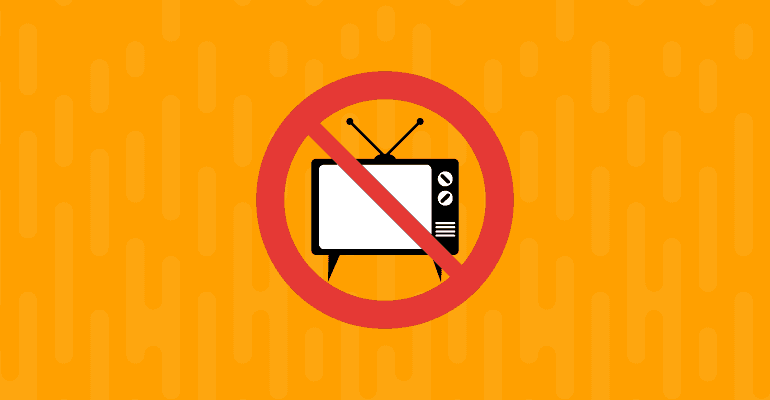What happened to the voices of the campus? Where are we with the freedom to express dissent?
How do you manage to live in a highly polarised world? Being an apolitical person you can ignore, or if you hold the responsibility of calling yourself political, you can “allege” or “accuse.” But how do you manage to make sense of things when the world being ravaged by hate is your future workplace? For student journalists or the students of media, it’s the most worrying question. There is no doubt that we are facing a massive downfall of the media in the last few years, from the very orthodox and conservative relative to the very vocal and performative activist group. Everyone alleges that it is the media that is creating the ruckus, just the different ones for them.
From constantly and directly promoting hatred in the name of religion, targeting minorities, lobbying and creating propaganda around deliberately selective issues, and heckling, there’s almost no ditch that our mainstream media has not stepped into. This is nothing less than a moment of crisis for future workers in this arena. But as I look around, the worry of the future leaves me and the present stress grips me harder.
A few months back, a notice was released to all the DU students that they would need permission from the Proctor to protest. Moreover, there has been an erasure of resistance art from campuses, section 144 was imposed in Jamia for two long months, deployment of police forces inside the campuses has been frequent, violence in Jamia’s library by the police came to light,cancellation of Sarfoora Zargar’s degree, and hundreds of other actions that signify the movement at large to distance students and campuses from the larger political movement. The administrations, which were supposed to be benefactors of students, have turned into watchdogs bent upon making the vocal universities into apolitical centres of study.
After the pandemic, such tendencies have increased with the batch that did not get to live their campus life. It feels like a gap altogether, as if something was lost that could not be recovered. The admin has taken advantage of this opportunity in the worst way possible. There is an urgent need to revive political deliberation on campuses again.
The trampling down of dissent in any form across all the university campuses is worrisome that should be a public topic for distress. The concept of universities as free spaces for deliberation and discussion has eroded, as has the opportunity for Indian students to have a space to themselves free of hatred and censorship.
So, how do you manage to make sense of things when the world being ravaged by hate is the one you are currently living in? With the help of students who still hold the bravado of sitting on protests, well aware that there can be consequences, and those who are determined to maintain the same atmosphere on campus. With the help of Meenakshi, who did not deter from filling a petition in the court against the arbitary removal of her candidature from the LSR SU elections, with students of Film and Television Institute of India (FTII) and St. Stephens not letting enablers of hegemony and patriarchy into their campuses, and with the students of National School of Drama (NSD) singing Dheere Dheere yahan ka mausam badalne laga hai while their Chairperson arrives to meet them after a long protest and hunger strike.
Kashish Shivani




